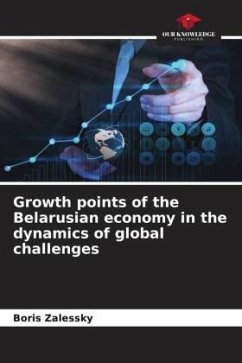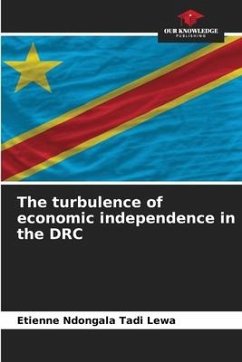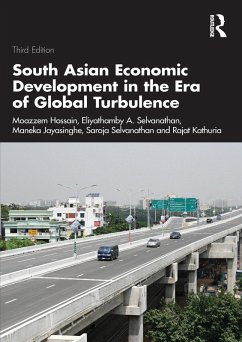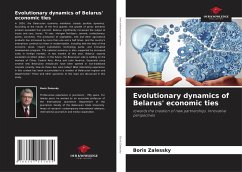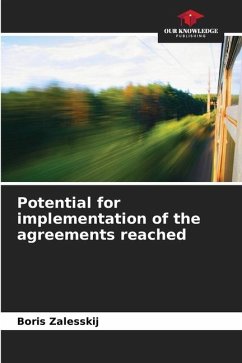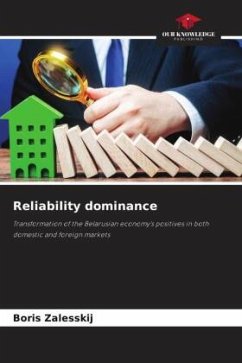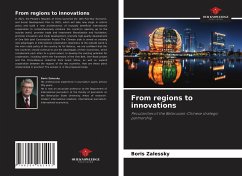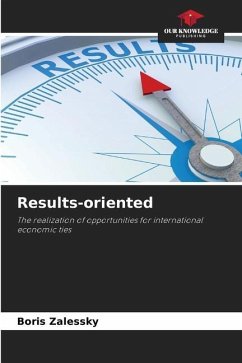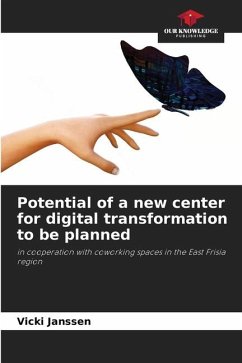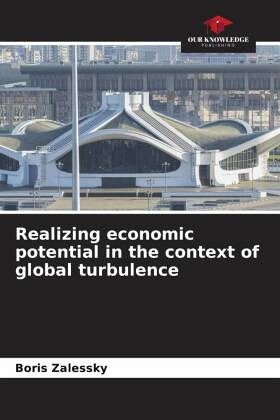
Realizing economic potential in the context of global turbulence
Versandkostenfrei!
Versandfertig in 6-10 Tagen
33,99 €
inkl. MwSt.

PAYBACK Punkte
17 °P sammeln!
Import substitution is one of the key priorities for the development of the Republic of Belarus in the near future. Back in December 2021, the Belarusian government defined strategic directions of work and developed specific tasks in this direction. These include the use of opportunities of such integration entities as the Eurasian Economic Union, increasing localization in conjunction with support measures, implementation of sectoral import substitution programs, development of cooperation both within the country and with friendly countries, use of local raw materials, active involvement of s...
Import substitution is one of the key priorities for the development of the Republic of Belarus in the near future. Back in December 2021, the Belarusian government defined strategic directions of work and developed specific tasks in this direction. These include the use of opportunities of such integration entities as the Eurasian Economic Union, increasing localization in conjunction with support measures, implementation of sectoral import substitution programs, development of cooperation both within the country and with friendly countries, use of local raw materials, active involvement of scientific developments in the real sector of the economy. Today import substitution has become the most important task of every import-related enterprise to work ahead of the curve. In this regard, all regions of Belarus have been given strenuous tasks. Measures that stimulate Belarusian enterprises to substitute imports include increasing localization, developing technological chains, processing local raw materials, and attracting small and medium-sized businesses. Interesting experience in this context has been accumulated in a number of Belarusian regions and departments. How are these tasks being solved today? This is the subject of this paper.





